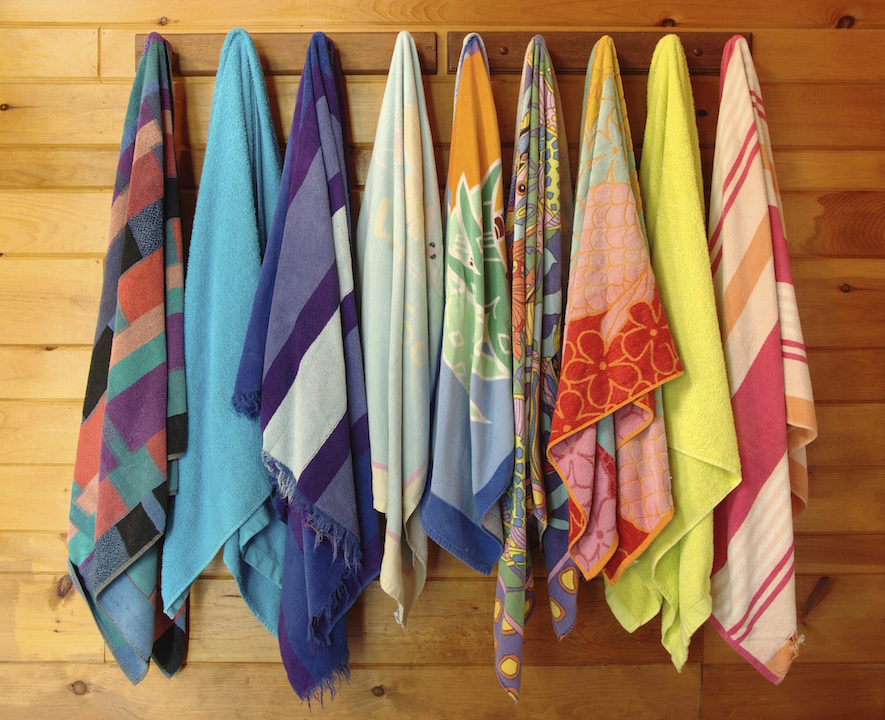
It happens every year. You’re strolling down the high street of your local beachside town enjoying a long hot summer with the family when a holiday home in the real estate agents’ window catches your eye.
And you start thinking: “If we had our own place, we could go there all year ‘round and instead of contributing to someone else’s financial future we could be contributing to our own”.
It’s a tempting thought.
That was then…this is now
In days gone by, a second home by the sea might only have been a glorified shack with an outside loo, but it was an integral part of the Aussie dream. And it was pretty cheap so it didn’t break the bank.
But fast forward to the present day and you’d be hard pressed to find many cheap and cheerful beach shacks anywhere near a major city.
These days, a holiday house is a major financial investment that’s got to work over the long term. And if you’re like most Australians, any major financial investment becomes an emotional investment too.
The great dream…
…versus the reality
Before turning your dream into a reality, you should ask yourself what owning a holiday home will really be like.
o you may not be able to renovate or redecorate easily
o the value of your property could be affected by other owners.
o Is it within driving distance of a major city?
o Is there a nearby airport?
o Is there an oversupply of similar properties in the area?
o cleaning costs every time a tenant leaves
o body corporate fees
o agents’ fees
o marketing costs
o utility bills
o general upkeep.
A holiday home isn’t for everyone. If all you’re worried about is your return, there may be better ways to invest your money—a city apartment with a permanent tenant or Australian shares with franked dividends are just a couple of examples.
But if you’re looking for a family getaway that will leave your kids with wonderful memories, plus the opportunity to reduce your tax bill, receive some ongoing income and benefit from a potential long-term capital gain, a holiday home could be for you.
Making the decision to buy or not to buy can be complex, so it’s important to talk to your financial adviser or mortgage broker before you take the plunge.
Important note: © AMP Life Limited. This editorial provides general information and hasn’t taken your circumstances into account. It’s important to consider your particular circumstances before deciding what’s right for you. Although the information is from sources considered reliable, AMP does not guarantee that it is accurate or complete. You should not rely upon it and should seek qualified advice before making any investment decision. Except where liability under any statute cannot be excluded, AMP does not accept any liability (whether under contract, tort or otherwise) for any resulting loss or damage of the reader or any other person.